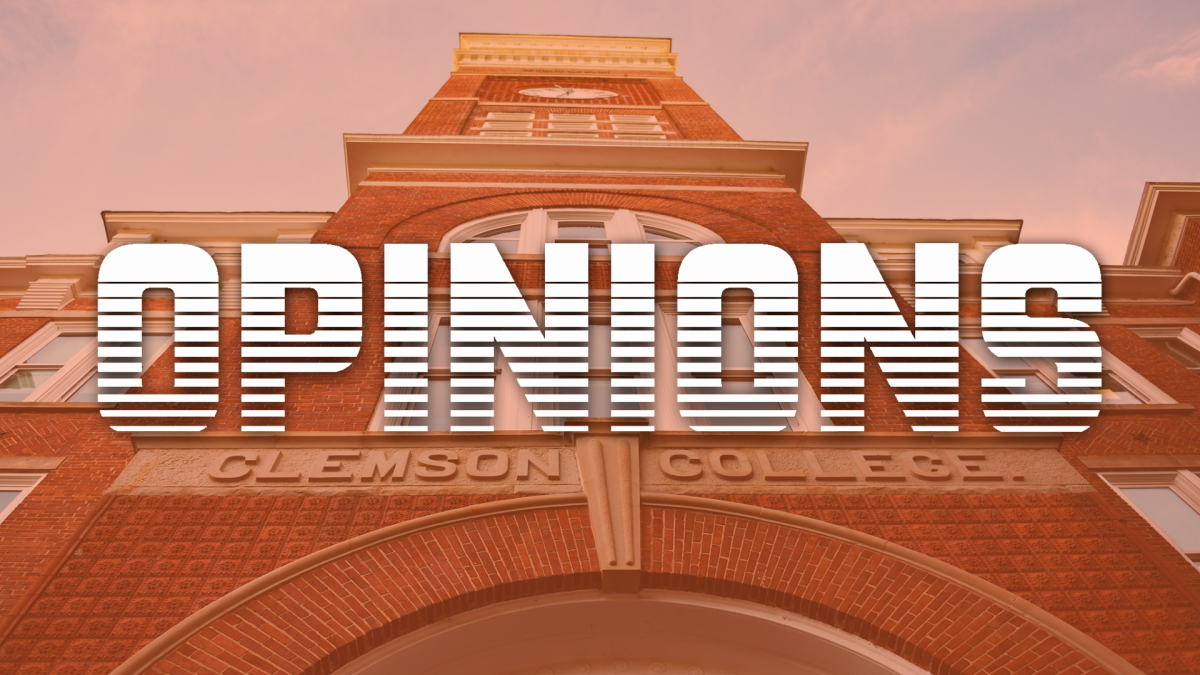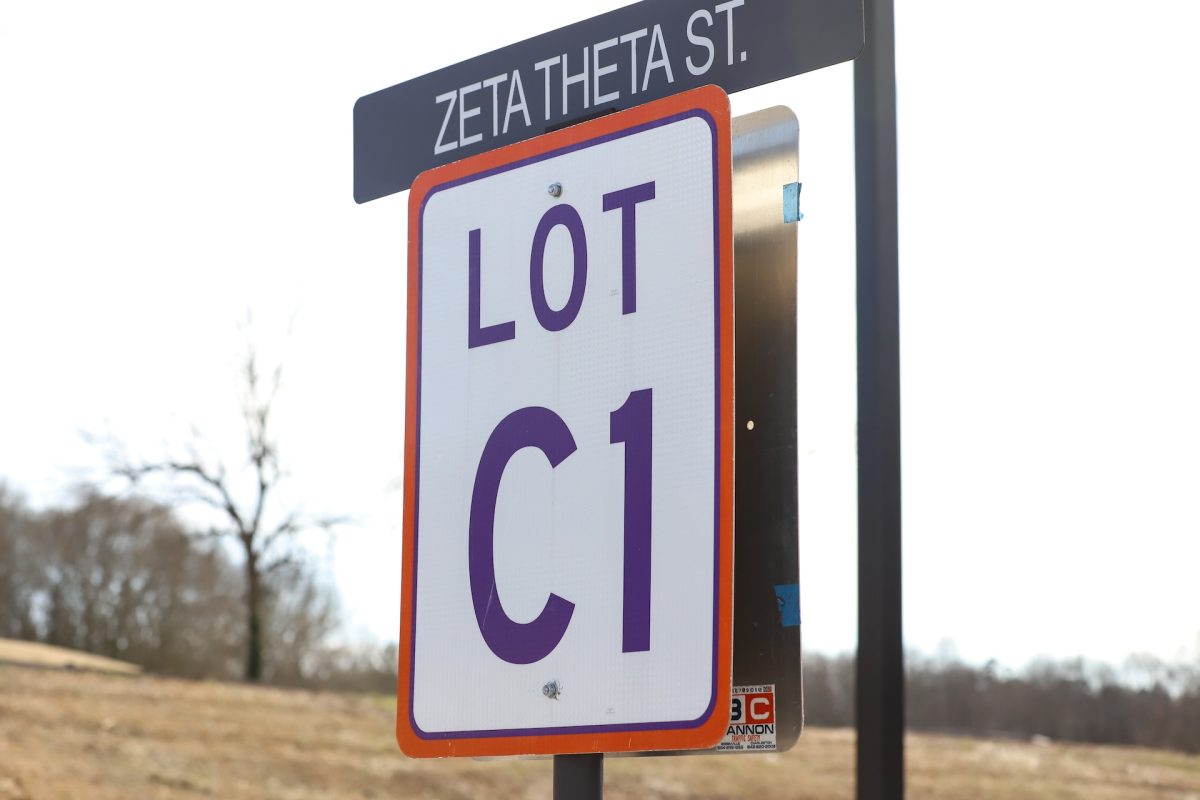Clemson student government has a rich tradition of passing its own legislation, but what happens to that legislation? Does university administration pay attention? And does student government take it a stage further and advocate to the Clemson Board of Trustees or state and federal legislators for the changes possibly needed to implement the reforms required by student legislation?
$400 million of the $800 million operating budget spent annually by President Clements and his administration is provided by the fees that students pay. Even if Clemson’s president pays any attention to the legislation passed by the Clemson student senate or initiatives undertaken by the student body president and her cabinet, what latitude do either of the latter possess to ensure that Clemson acts on student suggestions?
The primary decision-making on activity and funding is undertaken by the Clemson Board of Trustees, the structure of which was determined by the Last Will and Testament of the man who donated the land to create Clemson University, Thomas Green Clemson. The will in question sets out specific and arcane requirements for the make-up and powers of the new university board of trustees, none of which mention student representation on the board of trustees.
In the real world, those who contribute the money to an organization are normally those involved in primary decision-making, but not so at Clemson. This is an issue which has exercised many over the years. A couple of years ago, a student body president was elected on a platform calling for such representation. It was the first time she had stood for any student office. Yet, she was elected, reflecting the strength of feeling on the topic.
A few years ago, state legislators considered legislation requiring all public colleges in South Carolina to have the student body president sit on the board of trustees. Since apparently no one could work out how to get around Thomas Green Clemson’s will, Clemson was excluded from this requirement.
There are a ton of lawyers, would-be lawyers and soon-to-be politicians floating around faculty, administration and the student body at Clemson. Is it truly beyond their combined ken to come up with a workable solution to put, say, the Clemson student body president and the student senate president in a position where they have meaningful input to the decision-making that spends so much student money?
Quite aside from that consideration, there are certain matters which the board of trustees alone cannot impact. If, say, the Clemson student government were to decide that the best way to reduce academic stress on students was to lobby to offer all students the option of five or six-year degrees, that would require legislative change at the state and/or federal level. The advocacy required would likely have more impact if it came not only from student government but also from the university administration and the board of trustees. Yet, how can student government enroll the board of trustees if it has no leverage with them?
If a way were found for such meaningful leverage, student government would itself gain greater meaning among the student body almost overnight. This might increase involvement, open pathways for impact and lead to better cooperation among all the parties: the student body, student government, university administration, the board of trustees and South Carolina state and federal legislators. All manner of improvements might follow such meaningfulness and cooperation.
In the meantime, student government might be able to achieve more even without representation on the Clemson board of trustees, if it were more engaged in lobbying state and federal legislators on the changes needed outside of Clemson to effect the changes required inside. Any and all of this (gaining representation on the board of trustees, making representation to state and federal legislators) might well give more impact to the legislation passed, and to initiatives undertaken by Clemson student government itself.









